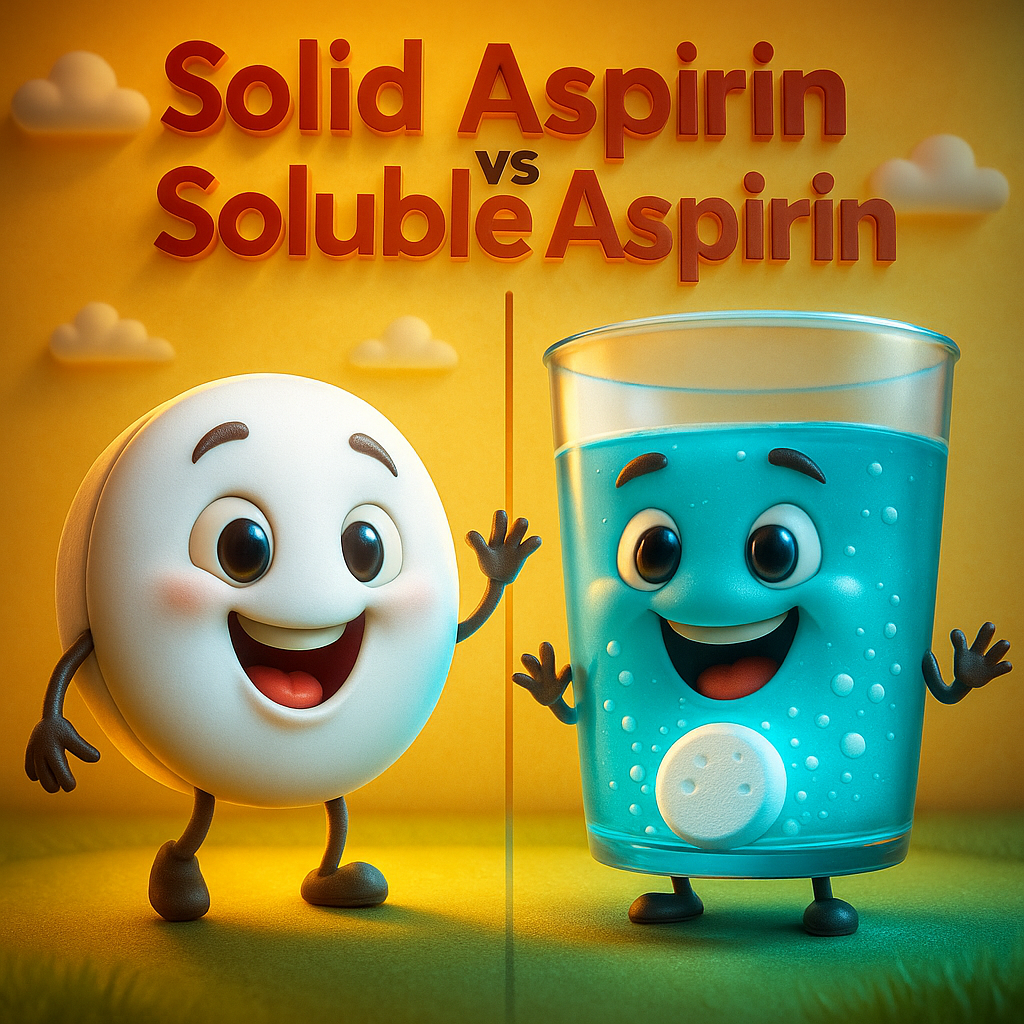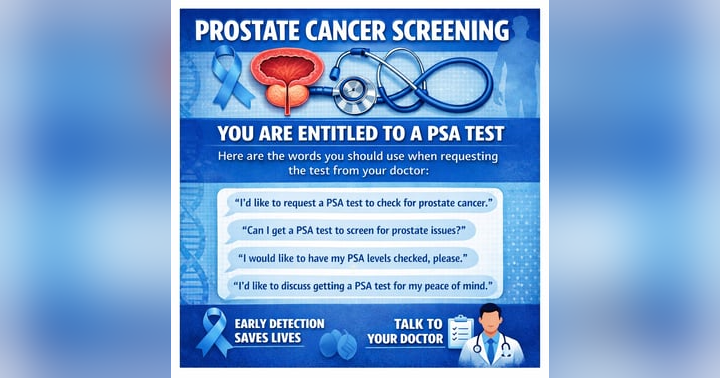Aspirin What you should know

Aspirin: The Good, The Bad, and the Tablets vs. Solubles Debate
Aspirin, or acetylsalicylic acid, has been a household name for over a century. From soothing headaches to saving lives during heart attacks, it's a versatile medicine with a powerful punch. But like all medications, it comes with its share of pros, cons, and decisions—like whether to reach for a solid tablet or a dissolvable one. Let’s break it down.
The Benefits of Aspirin
-
Pain Relief
Aspirin is an effective analgesic, helping relieve headaches, muscle aches, arthritis pain, and toothaches. -
Anti-inflammatory
It reduces inflammation in conditions like arthritis, tendonitis, and other joint issues. -
Heart Health
In low doses, aspirin is often prescribed to reduce the risk of heart attacks and strokes in individuals with cardiovascular disease by thinning the blood and preventing clots. -
Fever Reducer
Aspirin can help lower fevers and combat symptoms during viral infections (though it's not recommended for children due to the risk of Reye’s syndrome).
The Risks and Side Effects
-
Gastrointestinal Issues
Aspirin can irritate the stomach lining, leading to ulcers or bleeding, especially when taken on an empty stomach or in high doses. -
Bleeding Risk
Because it thins the blood, aspirin increases bleeding risk—even from minor cuts or during surgery. -
Allergic Reactions
Some people may experience asthma-like symptoms or full allergic reactions to aspirin. -
Reye’s Syndrome
In children and teens recovering from viral infections, aspirin has been linked to this rare but serious condition, so it should be avoided in younger age groups.
Solid vs. Dissolvable Aspirin: Which One’s Better?
Solid Tablets (Standard Aspirin)
Advantages:
-
Longer shelf life
-
Slower release may reduce peak side effects
-
Convenient for long-term storage
Disadvantages:
-
Slower to absorb
-
Can irritate the stomach lining more than solubles
-
Needs to be swallowed whole (not ideal for those with difficulty swallowing)
Dissolvable (Effervescent) Aspirin
Advantages:
-
Absorbed faster into the bloodstream
-
Gentler on the stomach due to being diluted
-
Easier to take for people with swallowing issues
Disadvantages:
-
Often contains more sodium—bad for those with high blood pressure
-
May have a shorter shelf life once opened
-
Some people dislike the taste or fizz
Final Thoughts
Aspirin is a powerful and effective medicine, but it’s not one-size-fits-all. Whether you're reaching for it for everyday pain or long-term heart protection, it’s important to weigh the benefits against the risks. And when choosing between solid or dissolvable, consider your own health needs, digestive comfort, and lifestyle.
Always consult a healthcare professional before starting or changing aspirin use—especially if you’re using it regularly for heart or stroke prevention.







